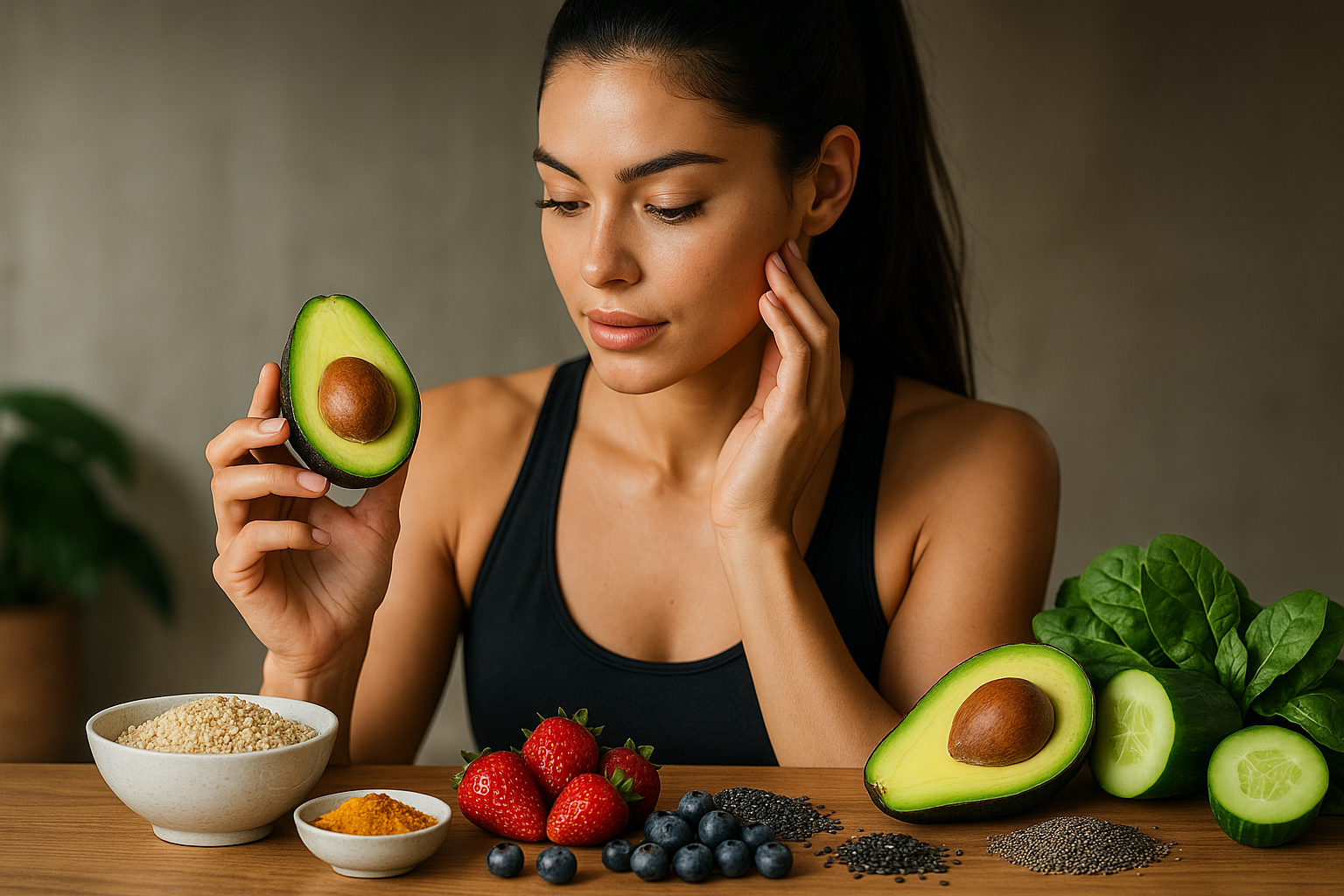Juice to Cleanse Kidneys: What Really Works?
Caring for your kidneys is an important part of maintaining overall wellness. While no drink can cure or detox the body on its own, certain natural juices can be a refreshing addition to a balanced diet. Many of these juices are rich in vitamins, antioxidants, and hydrating elements that may complement healthy lifestyle habits. When enjoyed as part of a varied, nutrient-rich eating plan, these beverages can contribute to your daily fluid intake and support general hydration — which is vital for kidney function. Including naturally nourishing drinks in your routine may be a gentle way to stay on track with your wellness goals.

Kidneys play a crucial role in our body’s filtration system, removing waste products and excess fluids while balancing electrolytes. As interest in natural health approaches grows, many people explore dietary methods to support kidney function, including various juices and beverages. However, not all popular remedies have scientific backing, and some approaches may be more beneficial than others depending on individual health circumstances.
Why Kidney Health Deserves Attention
The kidneys filter approximately 200 quarts of blood daily, removing waste and excess water that becomes urine. These fist-sized organs maintain proper fluid balance, regulate blood pressure, produce hormones, and support bone health. When kidney function declines, waste products accumulate in the blood, potentially leading to complications throughout the body.
Risk factors for kidney disease include diabetes, high blood pressure, heart disease, obesity, and family history. Early kidney disease often presents no symptoms, making preventative care especially important. Regular screenings can detect kidney issues before they progress to more serious conditions, allowing for earlier intervention and management.
Nutrient-Rich Ingredients Often Found in Juices
Several natural ingredients commonly used in kidney-supporting beverages contain compounds that may benefit renal function. Cranberries contain proanthocyanidins that may prevent bacteria from adhering to urinary tract walls, potentially reducing infection risk. Lemon juice provides citric acid, which might help prevent certain types of kidney stones by increasing urine citrate levels and urine volume.
Cucumber has high water content and contains antioxidants that support overall detoxification processes. Watermelon acts as a natural diuretic due to its high water content and citrulline, which may improve blood flow. Ginger contains powerful anti-inflammatory compounds that might help reduce inflammation in kidney tissues.
However, it’s important to note that while these ingredients show promise in supporting kidney health, they don’t replace medical treatment for existing kidney conditions. Their benefits are generally most applicable as part of a comprehensive approach to kidney wellness.
When to Include Juices in a Balanced Diet
Juices can complement kidney health as part of a balanced diet, but timing and quantity matter. Morning consumption on an empty stomach may maximize absorption of nutrients. However, those with diabetes or blood sugar concerns should be cautious, as fruit juices can cause rapid glucose spikes.
For individuals with existing kidney disease, certain juices may be contraindicated due to their potassium or phosphorus content. Those with chronic kidney disease often need to limit these minerals, making some popular juices potentially harmful rather than helpful. Always consult a healthcare provider before adding juices to your routine if you have kidney issues, as dietary restrictions vary based on disease stage and individual factors.
Moderation is key—even beneficial juices should be consumed in reasonable amounts, typically 4-8 ounces daily. Diluting juices with water reduces sugar concentration while maintaining hydration benefits.
Examples of Juices Commonly Used for Wellness
Several juice combinations have gained popularity for kidney support based on their nutritional profiles and potential benefits:
Cranberry-apple blend combines the urinary tract benefits of cranberries with the antioxidant properties of apples. This mixture provides a palatable way to consume cranberry without excessive tartness. Studies suggest regular consumption might reduce urinary tract infection frequency in susceptible individuals.
Lemon-cucumber water offers gentle hydration with minimal calories. The combination provides vitamin C, silica, and potassium while encouraging increased water intake. This simple mixture supports general detoxification processes through improved hydration.
Watermelon-mint juice delivers natural diuretic properties that may help flush the urinary system. Its high water content (about 92%) makes it hydrating while providing lycopene, an antioxidant that supports overall cellular health.
Celery-parsley juice contains compounds that may support kidney function through mild diuretic effects. Parsley contains myristicin and apiol, which traditionally have been associated with kidney health, while celery provides antioxidants and anti-inflammatory compounds.
Pairing Healthy Drinks with Lifestyle Habits
Juices alone cannot maintain optimal kidney health—they work best alongside other positive lifestyle practices. Adequate water intake remains the foundation of kidney support, with most adults needing 8-10 cups daily (adjusted for activity level and climate). Physical activity helps maintain healthy blood pressure and improves circulation to the kidneys.
Limiting sodium intake reduces kidney strain, as excess salt forces these organs to work harder to maintain fluid balance. Similarly, moderating protein consumption prevents overloading the kidneys with nitrogen waste products from protein metabolism.
Regular health screenings allow for early detection of kidney issues. Basic blood tests measuring creatinine and BUN (blood urea nitrogen), along with urinalysis, can identify potential problems before symptoms develop. For those with risk factors, more frequent monitoring may be recommended by healthcare providers.
This article is for informational purposes only and should not be considered medical advice. Please consult a qualified healthcare professional for personalized guidance and treatment.




